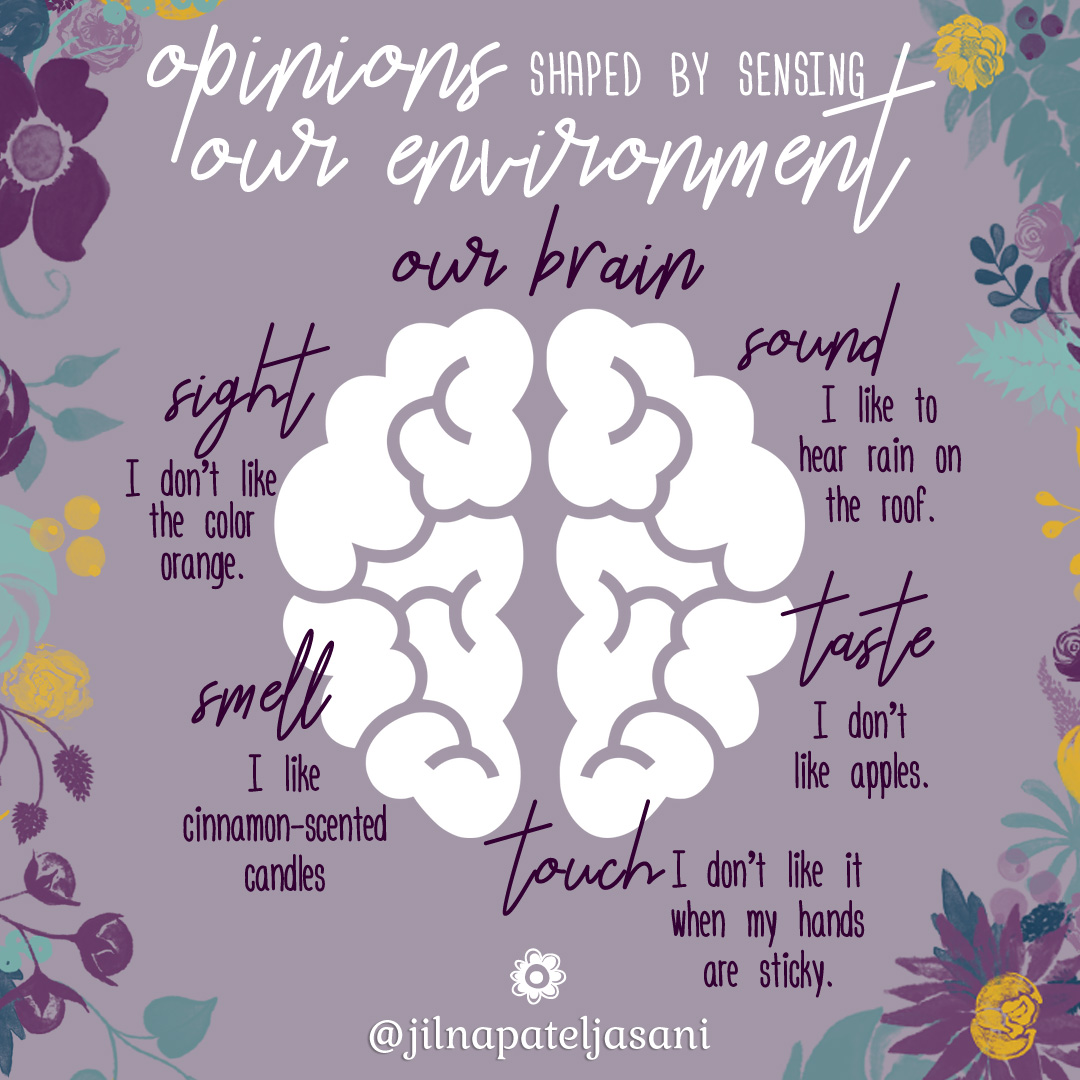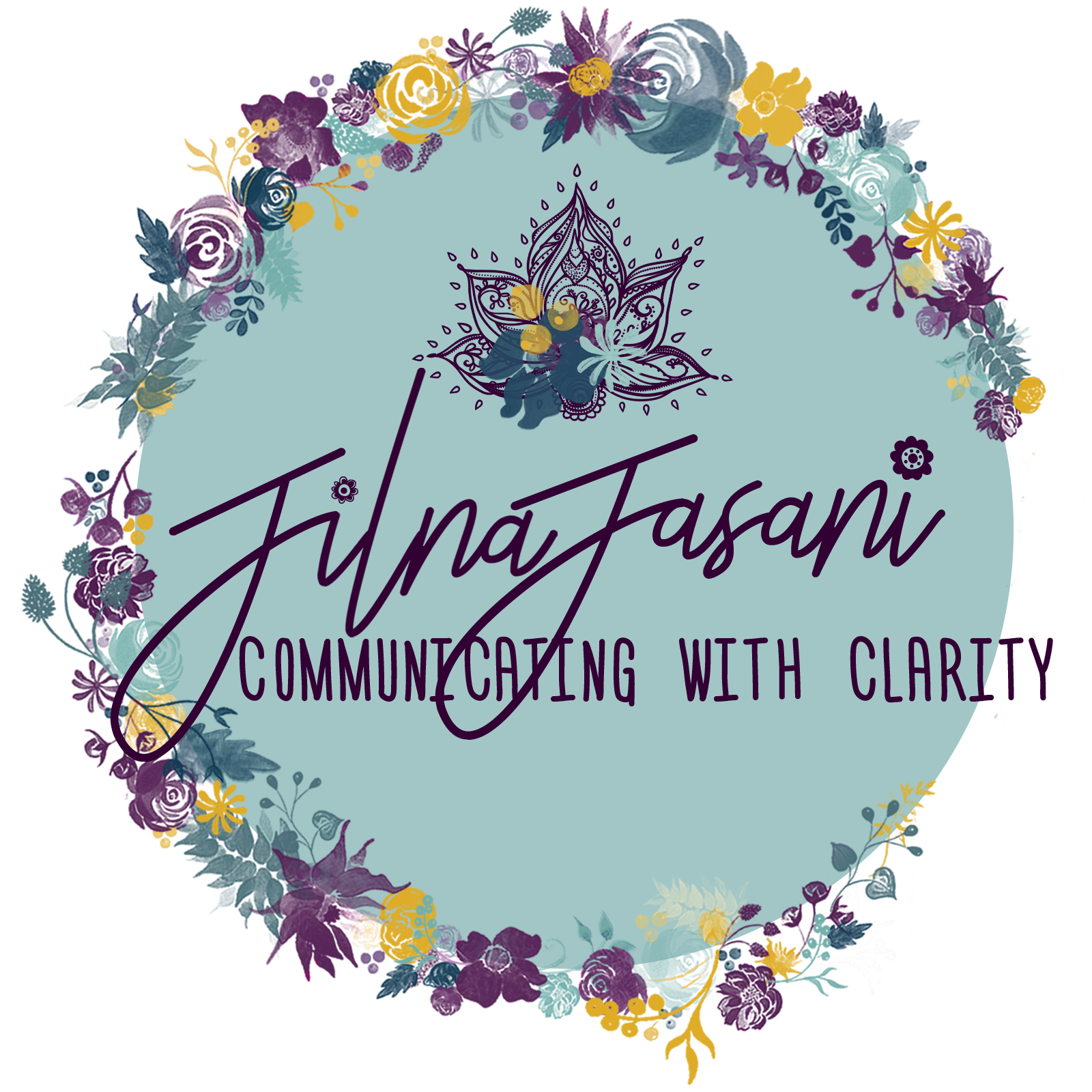
What is the Purpose of Language?

In learning to understand the law of cause and effect, we’re learning that language is subjective to each individual. If that’s true for you, then we know that we can’t just rely on language to connect and communicate with others, can we?
In fact, how can we even begin with language? If the words that I’m using to deliver this message don’t resonate with you, then how can I use language to inspire you?
If I’m expressing this content to you through language (which is an aspect of form) without taking into consideration the way in which you might interpret language, I’m pretty much just talking at you, not to you, right?
But if I reflect on the different ways in which the words I’m using can be perceived (formlessness or cause and effect), then I might be able to shift my message to help inspire you in another way.
We use language in the world of form to express opinions based on personal values and beliefs, which we have perceived through our senses from the environment in which we grew up.
But this isn’t who we are. It is who we are conditioned to be.

Everything that makes us who we are is housed within our nervous system, which determines our sensitivities. Sensitivity is not an illness; it is an innate energy trait that varies in strength.

Each of us has a spectrum of sensitivity that is unique to us.
Let’s take, for example, newborn twins who are born minutes apart. They’ve developed and birthed in the same womb at the same time. When these infants are born, one infant may express their hunger through wailing and crying. The other may express through whining. What’s the difference?
The difference is in the way they experience hunger. One might be more sensitive to hunger pains than the other. These sensitivities affect who they are as individuals.
But in order to understand these sensitivities and therefore who we are as individuals, we must set aside the form-based identities that have been unconsciously put upon us. Because these form-based identities are an illusion brought about by our environment and aren’t determined by who we really are, they can create anxiety, pain, and stress as we try to live up to – or struggle with the limitations of – those identities.
If we choose to stay with these form-based identities, we are essentially choosing to accept this anxiety as an integral part of our lives.
But if we get curious about our form-based identity and deconstruct the conditioning – the cause and effect – that lead to that identity, then we create the possibility of freeing ourselves to be truly, authentically ourselves.
I’m not saying that we don’t need language. What I am saying is that language (form) is only effective if we understand who we truly are. In the context of the infants, if they were first heard and understood by their formless nature (their sensitivities), we could use language and the world of form to support that nature. We may keep track of time intervals (form based identity) to help support and track the feeding of the highly sensitive child more closely. That way we can have their milk ready to go without that child expressing discomfort.
But if we kept track of time intervals without fully understanding the child’s sensitivities, we may find ourselves feeding that child every time the timer goes off and not really understanding what else the wail or cry could be about.
Give it a try. Start to become aware of the language you use everyday, or the things you question/ponder:
How does my child look?
When will I get married?
Why am I not a mother yet?
Why am I fat?
Why is my child shy?
Why is my hair so curly?
What are my child’s grades?
Why is my child disrespectful?
Do your answers resemble how those conditions were modeled in your childhood environment?
For example, if you find yourself concerned about how your child looks, dresses, does his/her hair, etc., was there importance on your physical appearance in a similar way as a child?
I’d love to know what came up for you.

